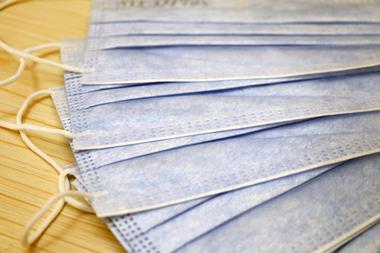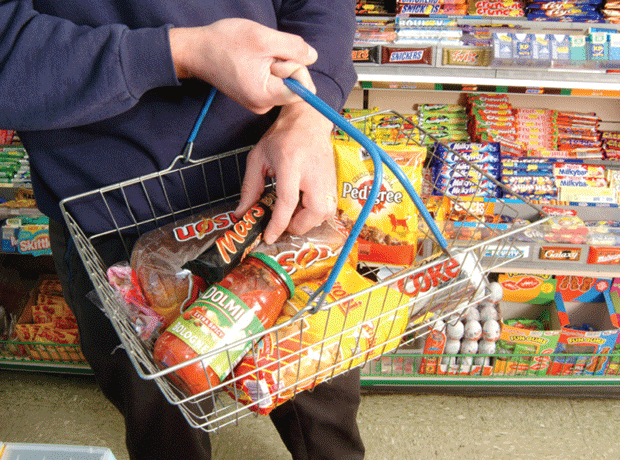So, after many months and years of protesting, it’s finally here. We are now living in a country where the retail display of tobacco products is restricted.
It’s a significant moment for retail, but not a cause for celebration for any retailer. I say this even though small shops have been experiencing an upturn in tobacco sales as frustrated shoppers turn their backs on the kiosk queues at larger stores, and this has created in turn a further opportunity to impress and retain these new customers. But it comes at a cost to the industry as a whole, both directly to the many independent retailers who have stores large enough to be covered by the restrictions, and indirectly in the precedent it sets for the future.
The language from the health lobby and the government is that tobacco needs to be de-normalised (this is despite the fact that it is legal, contributes £11bn a year to the public purse and that millions of people still choose to smoke despite the health risks). So covering all displays is on the agenda, as is plain packaging, to be swiftly followed by restrictions on alcohol sales and probably foods containing above-average levels of salt or fat, too. And in a cruel irony, the one piece of legislation that is actually being relaxed will free up Sunday trading for large stores, threatening the viability of smaller outlets.
There is an underlying assumption from the government that independent retailers will be able to survive these new costs and challenges, and we know that, in all probability, most will. But the greatest frustration of all is that, despite the coalition government’s promise to cut red tape and be more business-friendly, we are moving into a retail environment that is becoming more restricted, not less.






















No comments yet